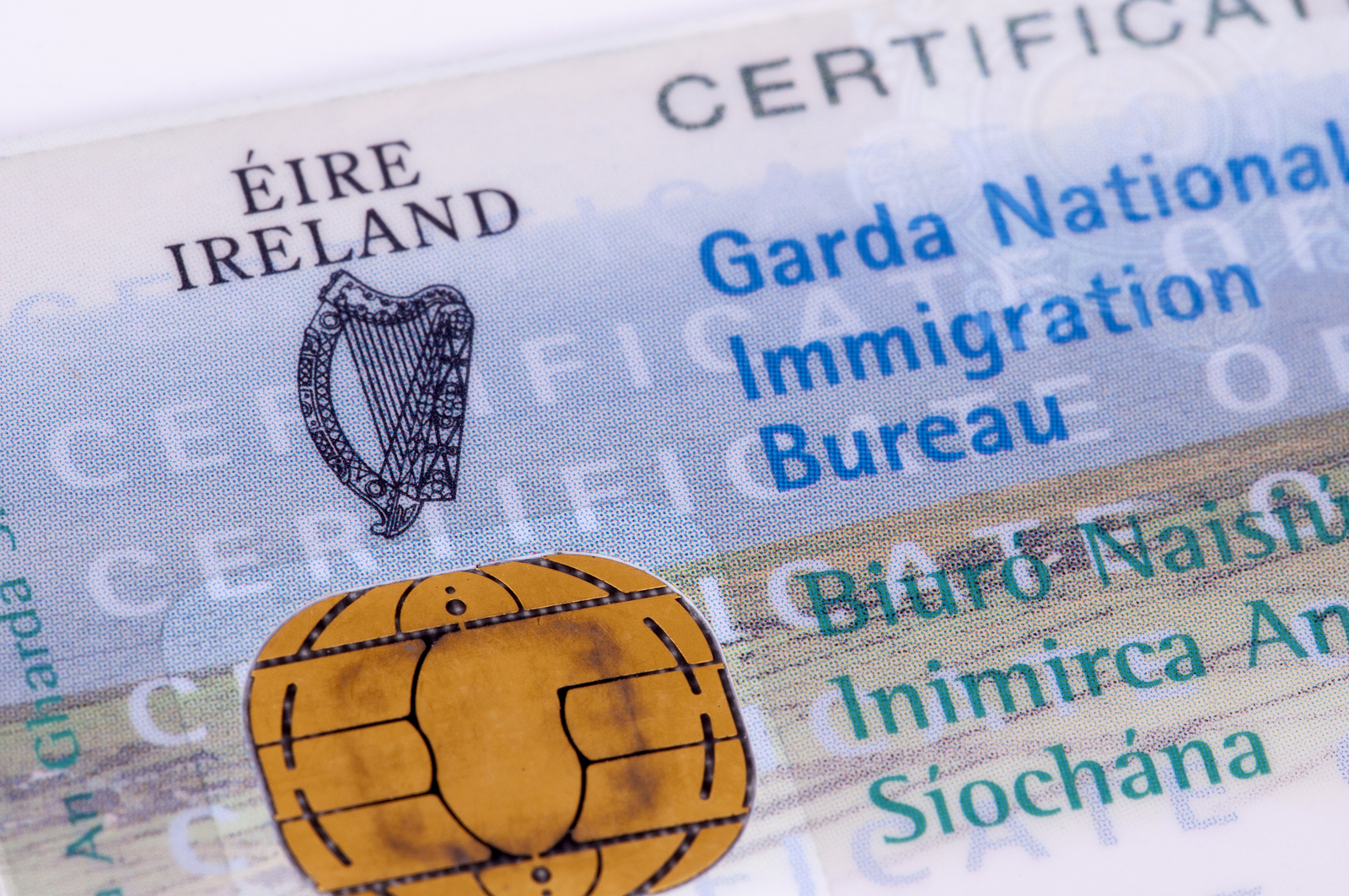IF YOU are planning to spend 3 months or more studying in Ireland then you may need to apply for a student visa. Citizens of the European Union (EU) and the European Economic Area (EEA) do not need a student visa to study in Ireland, but if you are travelling from further afield, you will need to check the visa requirements.

Types of visa | How to apply | EEA & EU Students | GNIB Card
Whether or not you need a visa depends on where you are coming from; some countries outside of the EU, such as South Africa, Singapore, Australia and New Zealand are exempt from entry visas. Contact your local authorities before applying for a visa to check whether this applies to your home country.
Please be aware that the information provided in this article is for students planning to study in southern Ireland. Northern Ireland is part of the United Kingdom and as such, different visa requirements apply.
If your course of study in Ireland is less than three months in duration and you are not travelling from a country that is exempt from entry visas, you must apply for a short stay ‘C’ visa. This visa will allow you to stay in the country (or make several trips to and from the country) for up to 90 days from issuing. For longer courses of three months or more, the international student will need to apply for a long stay ‘D’ visa.
The visa application process can be followed online and you should apply for your visa a minimum of 8 weeks before your planned journey. It is advised that you do not purchase your travel ticket until you have heard the outcome of your application.
A single journey visa, which allows one entry to Ireland up to 90 days from the issue date, costs 60 euros. A multi journey visa, allowing multiple entries to Ireland up to 5 years from the issue date, costs 100 euros.
If you are from a country that is outside of the EU/EEA and that is not exempt from entry visas, you will need to apply for a visa whilst you are still in your country of residence. For this process, you will need to provide a number of different documents. These include:
When you are travelling to Ireland, remember to take some paperwork with you, including your acceptance letter, insurance details and accommodation details.

The Process for EEA/EU Students
If you are an EEA or EU student and are enrolled on a course of study in Ireland, you should take you acceptance letter from the educational institution with you when you travel to the country. You should show this letter at immigration as you enter and ensure that the officer is aware of your intentions – if you get a tourist immigration stamp, you cannot change this to a student status.
If you plan to stay for longer than 90 days, once you are in Ireland, you must register with the immigration authorities. To register, you must be able to provide a selection of documents, including proof of acceptance by an institution and proof of access to sufficient living funds.
A GNIB Card is a Certificate of Registration that is required for those who are not EU or EAA nationals and are planning to study in Ireland for more than 90 days. If you fall within this category, you must register once you are in the country and will be given the certificate and an extended passport stamp. The GNIB card will cost 300 euros to be paid at an INIS office. To attain the certificate and stamp, you must be able to provide the following information:
For more information on the student visa application process in Ireland, visit the Irish Naturalisation and Immigration Service (INIS) website.
If you liked that, read this:
Ireland's Opening Its Doors to International Education
7 Must-See Films to Explain Ireland to International Students